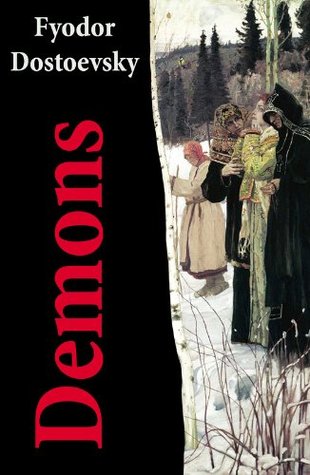Then
For several years he studied at the University of Leipzig. His foreign education influenced his approach to Russian society, and upon his return he hoped to incorporate Enlightenment philosophies such as natural law and the social contract into Russian conditions. Even as he served as a Titular Councillor, drafting legal protocols, in Catherine's civil service, he lauded revolutionaries like George Washington, praised the early stages of the French Revolution, and found himself enamored of the Russian Freemason, Nicholas Ivanovich Novikov, whose publication The Drone offered the first public critiques of the government, particularly with regards to serfdom.[5] Novikov's sharp satire and indignation inspired Radischev's most famous work – Journey from St. Petersburg to Moscow – in which he emulates Novikov's harsh and passionate style. He too was especially critical of serfdom and of the limits to personal freedom imposed by the autocracy.[6]
The Empress Catherine the Great read the work, viewed Radishchev's calls for reform as evidence of Jacobin-style radicalism, and ordered copies of the text confiscated and destroyed. Out of the 650 copies originally printed, only 17 had survived by the time the work was reprinted in England fifty years later.[7] In 1790 Radischev was arrested and condemned to death. He humbly begged forgiveness of Catherine, publicly disowning his book, and his sentence was commuted to exile to the small town of Ilimsk in Siberia


